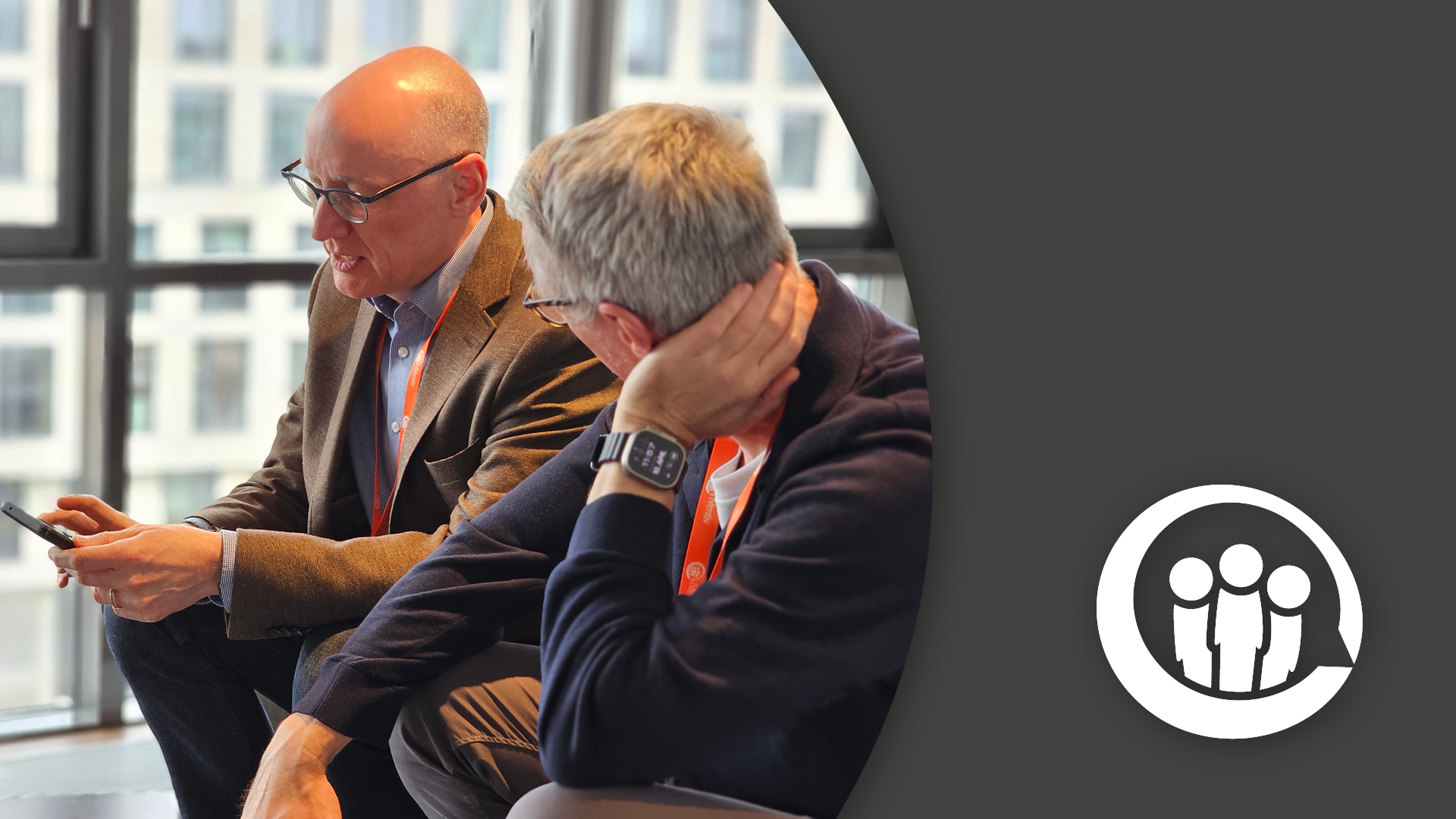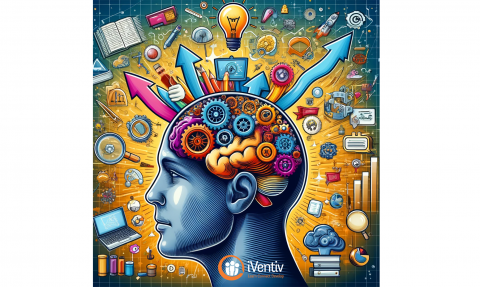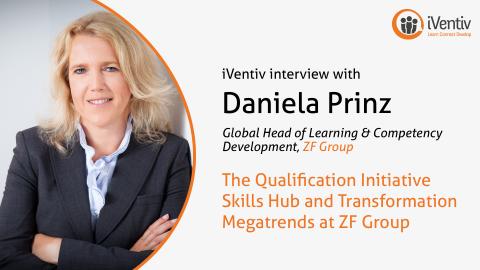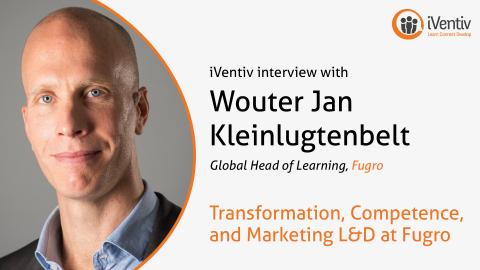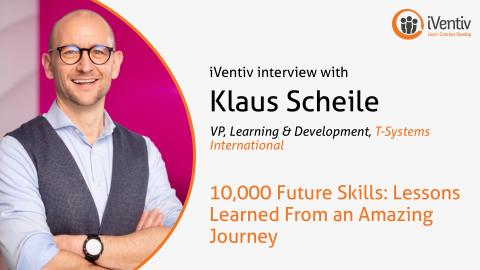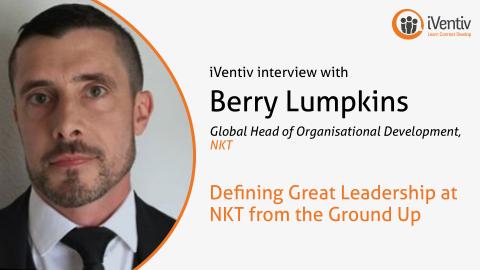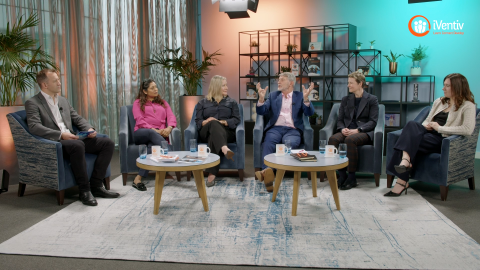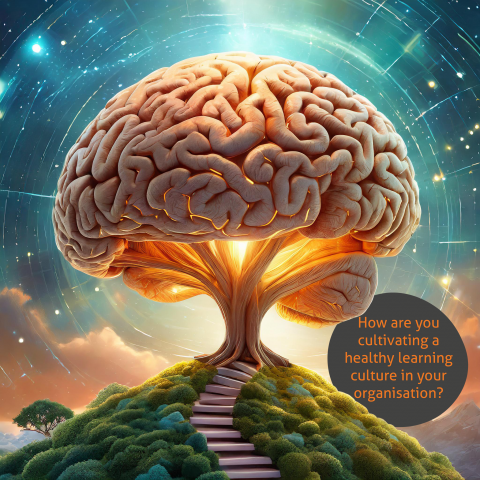Submitted by Kerry Summers on
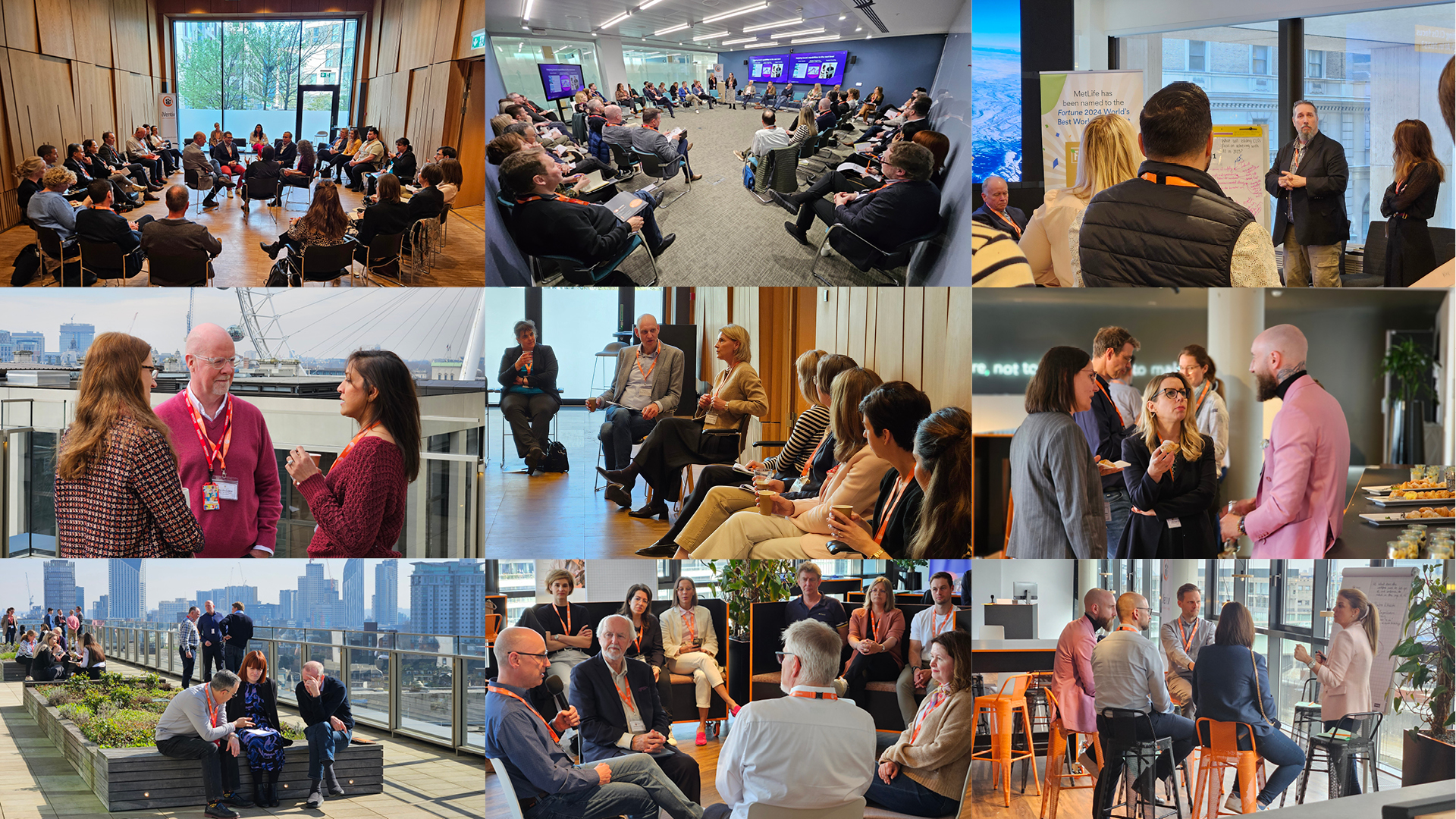
AI in Practice: Beyond Experiments, Toward Impact
For CLOs, 2025 marks a transition from AI experimentation to enterprise-wide application. Conversations have shifted from curiosity to execution. AI is now being deployed to personalise learning experiences, map organisational skills with greater precision, close capability gaps, and extend development access across a global workforce.
But the discussions didn’t stop at function—they moved into ethics. Learning leaders spoke candidly about their responsibility to embed governance, legal guardrails, and transparency into every AI decision. The aim, they said, is to build trust, reduce bias, and align all digital acceleration with human values.
At the same time, AI integration is reshaping internal priorities. CLOs are investing in digital and data literacy—not only within Learning teams but across the business. And as automation increases, so too does the need to double down on human competencies like creativity, adaptability, and learning agility. These qualities, seen as inherently human, are now becoming strategic.
The Skills Conversation Is Now a Business Conversation
Across sessions, the skills agenda was described not as a HR initiative, but as a business imperative. CLOs reported a growing demand for agility in how skills are defined, developed, and deployed. Strategy is now anchored in a few key questions: What work matters most? What capabilities will drive that work? Where are the gaps?
The foundations of this work include a clear skills taxonomy, integrated systems, and strong governance. But it was culture that emerged as a critical differentiator. Mobility, experimentation, and growth mindsets aren’t afterthoughts—CLOs see them as embedded expectations in high-performing environments.
AI plays a central role here too. It’s enabling faster, smarter skills mapping and supporting real-time decisions. But adaptability—among systems, leaders, and teams—was just as frequently cited as critical to success.
Measurement frameworks that prioritise progress, not perfection, are being used to monitor and refine strategy. And as leaders described, it’s not just about charting where skills are today, but how quickly capability can be built in response to what’s next.
Leadership Development in a Time of Transformation
Executive development is no longer about learning for leadership’s sake. It’s about enabling leaders to accelerate business transformation. The stakes are high, and expectations higher. Leaders, the group stated, are expected to operate like athletes—resilient under pressure, focused on performance, and capable of sustaining energy through uncertainty.
What’s emerging is a model of leadership development that’s deeply contextual, highly practical, and aligned with the lived experience of business challenges. One-size-fits-all has given way to situational learning tailored to both the leader and their ecosystem.
Power skills—empathy, collaboration, communication—are also seen to have taken on new weight. Not as soft skills, but as foundational to strategic execution. CLOs are using storytelling, business-aligned data, and transparent communication to demonstrate how learning outcomes tie directly to business performance.
The language of impact is being adopted with fluency. Learning teams are translating initiatives into narratives that senior stakeholders can understand and champion.
The ROI Equation: Visibility, Value, and Velocity
A common thread across every iVentiv breakout was the question of measurement. Specifically, how learning can be evaluated in ways that are visible, valuable, and velocity-driven.
Learning leaders described the ongoing challenge of budget justification. Many reported that, unlike revenue-generating functions, L&D is still expected to justify its existence in greater detail.
Technology is beginning to change that equation. Learning teams are using behavioural analytics, coaching data, and time-to-impact metrics to understand where change is happening and how quickly. Backend systems that capture learner interactions are also helping to replace anecdotes with evidence.
But justification also requires a shift in storytelling. CLOs are reframing Learning not as a cost, but as a solution. They’re linking learning to attrition challenges, engagement drops, productivity gaps—and showing where interventions are making a difference.
The insight was clear: people don’t resist change—they resist change without meaning. And often, they don’t leave companies—they leave leaders who failed to lead change with empathy.
Final Thought: The Strategic CLO
Across iVentiv’s spring sessions, one message resonated: Learning is not a support function. It’s a performance driver.
Today’s CLO is navigating AI ethics, building business-aligned skills strategies, redefining executive development, and tracking impact with sharper tools and bolder storytelling. These leaders aren’t waiting for change—they’re leading it.
The role of the CLO in 2025 is strategic, systemic, and central to the business. And as this momentum continues, the future of Learning will be shaped not just by what CLOs do—but by how visibly, collaboratively, and courageously they do it.
To read this Executive Summary and more like it, join iKnow - iVentiv's Global Learning Network - now.
